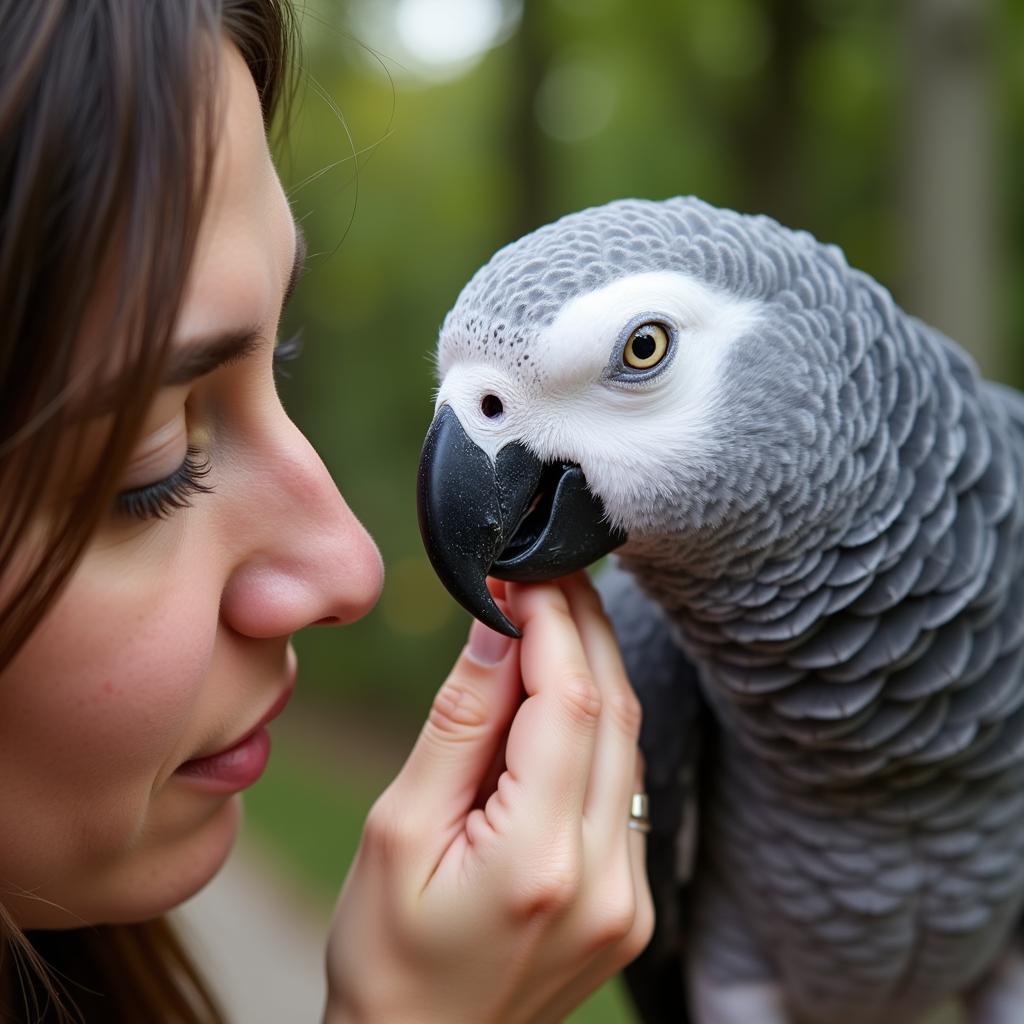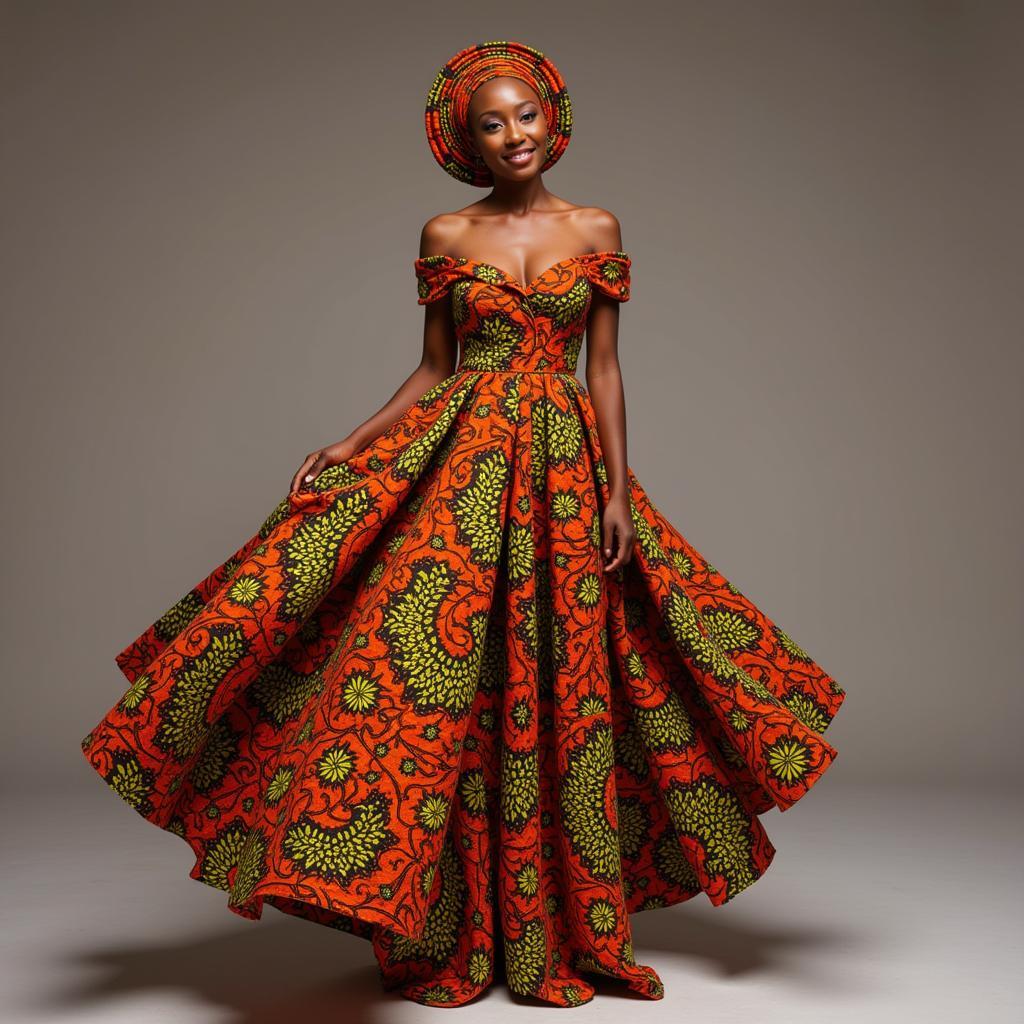The Enchanting Chorus: Unraveling the Mystery of African Dwarf Frog Singing
African Dwarf Frog Singing is a fascinating, often misunderstood phenomenon. These tiny aquatic creatures, popular pets around the world, produce a range of sounds, from chirps and clicks to the characteristic humming often referred to as “singing.” Let’s dive into the intriguing world of these underwater vocalists and explore the reasons behind their unique sounds.
Decoding the African Dwarf Frog’s Vocalizations
African dwarf frogs, scientifically known as Hymenochirus boettgeri, are native to the slow-moving waters of sub-Saharan Africa. Their “singing” isn’t a melodic tune in the human sense, but rather a series of distinct calls, each with its own purpose. Understanding these different vocalizations provides insights into their social dynamics and underwater world.
The “Humm” of Happiness: Understanding the Mating Call
One of the most commonly heard sounds, often mistaken for singing, is the male African dwarf frog’s mating call. This “hum” is a low-frequency sound produced by rapidly contracting muscles in their larynx. It’s primarily used to attract females during the breeding season. These calls are most noticeable at night and often intensify after a water change, which mimics their natural breeding environment of rainy season floods.
Imagine a chorus of these tiny frogs, each vying for the attention of a potential mate. This humming, while not musically complex, is a crucial part of their reproductive strategy.
Clicks, Chirps, and Croaks: Other Vocalizations and their Meanings
Beyond the mating hum, African dwarf frogs produce a range of other sounds. Clicks and chirps are often associated with aggressive interactions, particularly between males competing for territory or females. Rapid clicking can indicate distress or alarm, while a croaking sound might be heard during feeding. These various vocalizations demonstrate a complex communication system within their seemingly quiet underwater world.
Can You Hear Your African Dwarf Frog Sing? Factors Affecting Vocalization
Several factors influence how frequently and loudly your African dwarf frog sings. Water quality, temperature, and the presence of other frogs all play a role. A healthy, comfortable frog is more likely to vocalize. Stressful conditions, such as poor water quality or overcrowding, can inhibit their natural behaviors, including singing.
Caring for Your Singing Frog: Tips for a Happy, Vocal Pet
Providing the right environment for your African dwarf frog is key to encouraging their natural behaviors, including their intriguing vocalizations. A well-maintained tank with appropriate filtration, temperature, and plenty of hiding places is essential. A varied diet and regular water changes mimic their natural habitat and contribute to their overall well-being.
“A happy frog is a singing frog,” says Dr. Kwame Asante, a renowned herpetologist specializing in African amphibians. “Providing a stimulating environment that mimics their natural habitat is key to encouraging their vocalizations and overall well-being.”
Conclusion: Appreciating the Unique Sounds of African Dwarf Frogs
African dwarf frog singing, though not a traditional melody, offers a fascinating glimpse into the underwater communication of these charming creatures. Understanding their various vocalizations provides insights into their social interactions, breeding behaviors, and overall well-being. By providing the right care and environment, we can encourage these unique sounds and appreciate the complex communication of these tiny aquatic wonders. So, listen closely to your African dwarf frog – its hum, clicks, and chirps are a symphony of their underwater world.
FAQ
-
Why is my African dwarf frog so noisy at night? Male African dwarf frogs are most vocal at night, particularly during breeding season, as they use their humming call to attract females.
-
Do female African dwarf frogs sing? Females are generally much quieter than males and rarely produce the characteristic humming mating call.
-
Is my African dwarf frog singing or in distress? A low hum typically indicates a mating call, while rapid clicking can suggest distress or alarm. Observe your frog’s behavior for other signs of stress.
-
How can I encourage my African dwarf frog to sing? Ensure optimal water quality, temperature, and a stimulating environment with plenty of hiding places. A water change can also trigger vocalizations.
-
Do all African dwarf frogs sing? While most males will produce the humming mating call, the frequency and intensity can vary depending on individual factors and environmental conditions.
-
Is African dwarf frog singing a sign of health? Vocalization can be a sign of a healthy, comfortable frog. However, sudden changes in vocalization patterns should be monitored.
-
What does it mean if my African dwarf frog is clicking loudly? Loud clicking can indicate aggression, particularly between males, or it can be a sign of distress.
“Observing these tiny creatures closely reveals a complex world of communication beneath the water’s surface,” adds Dr. Asante. “Their vocalizations are a window into their social dynamics and overall health.”
If you need further assistance, please contact us at Phone Number: +255768904061, Email: [email protected] Or visit us at Mbarali DC Mawindi, Kangaga, Tanzania. We have a 24/7 customer service team. You might also find our other articles about African dwarf frog care and aquatic life helpful.



